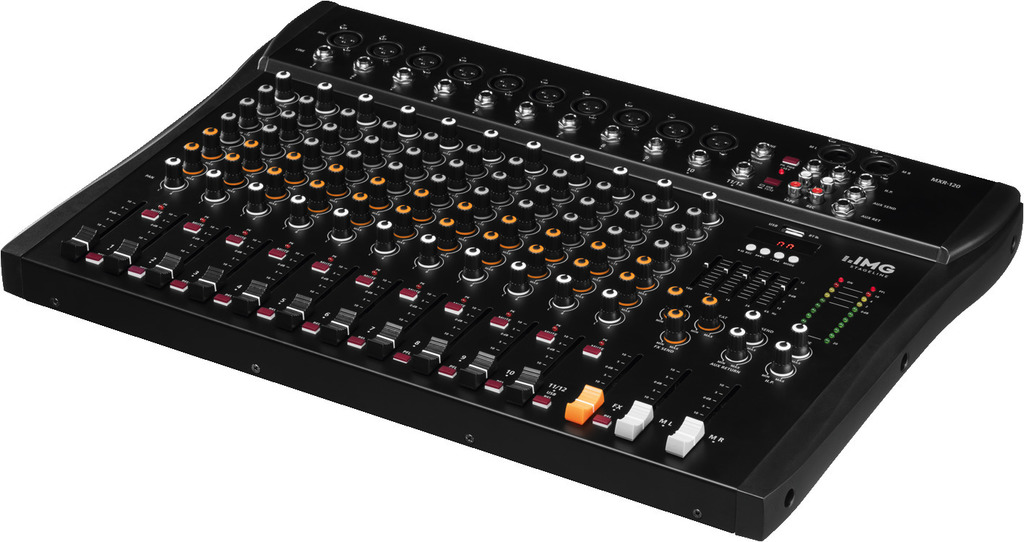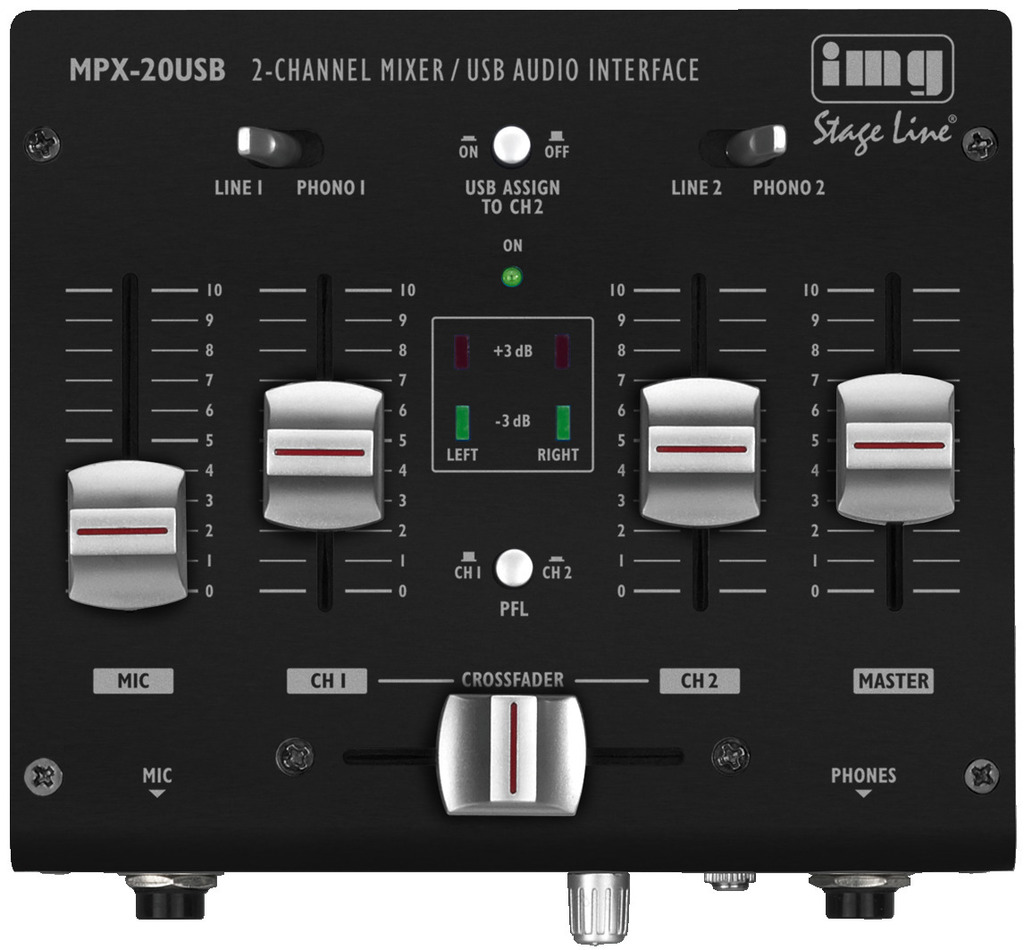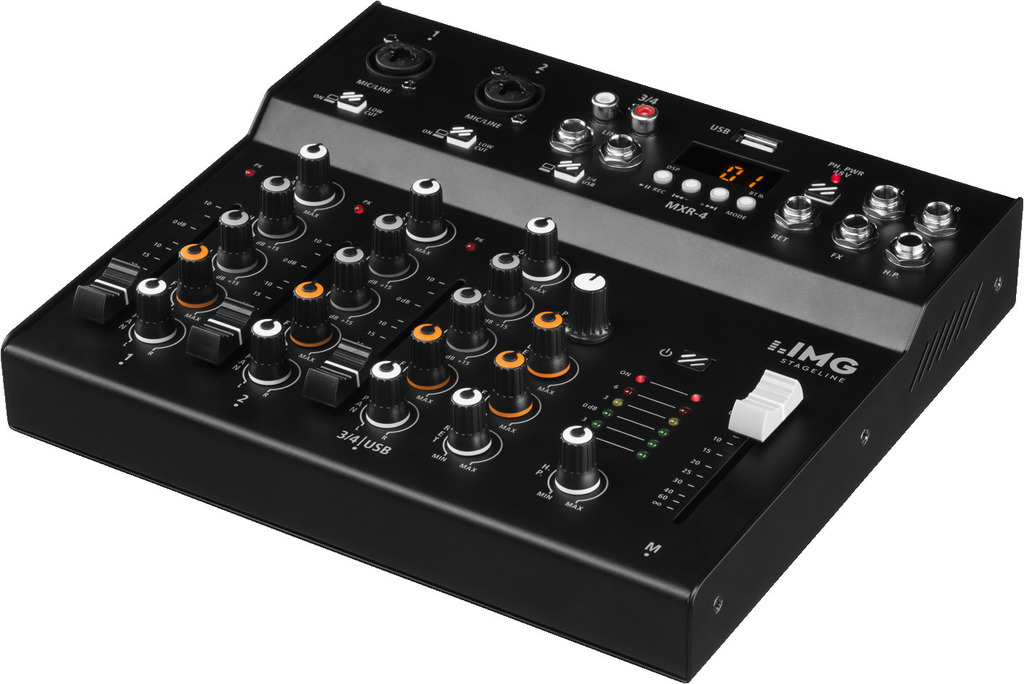Janosch Held: "Every mixer should have mixed with an analogue console at some point, just to improve their technical understanding."
Regarding valves and certain compressors, I do understand the love for analogue technology. It is like driving a specific classic car model: it's not better, but the feel and the interaction with the technology is simply a little different - perhaps more beautiful in a very subjective sense. With analogue mixing consoles, you can at times celebrate mixing more. However, here is the most important point: analogue mixers are perfect for beginners. Let me make it even clearer: everyone should start and learn on an analogue mixing console, not a digital one. Analogue mixers are very logically structured. If you want to have a compressor in the channel, you have to plug a connector into the right place by hand. Then you have to plug the other side into the input of the compressor. Then you take the compressor's output and plug it into the return path.
When I turn the pot X, Y happens. And if this plug is not plugged in anywhere, nothing happens. This is basic audio education, which I sometimes also miss in musicians.
What I mean to say is, it's craftsmanship. Sure, digital mixing is also craftsmanship, but because analogue mixing is a more tangible craft, you learn much more consciously. This is a bit like my advice to every driver to learn driving a manual car. Even if you only drive an automatic afterwards. Anyone who gets their driving license with an automatic gearbox will never fully understand what 'clutch' and gears are. In addition, analogue mixing consoles are also eternally repairable, solderable, durable. A digital mixing console works either completely or not at all. I would probably never have started mixing if everything had been digital back then. That would have been too nerdy for me.
The reason why I don't think analogue mixers are dying out is the price-performance ratio of very small versions. This is almost always better with 2 to 4-channel mixers.




